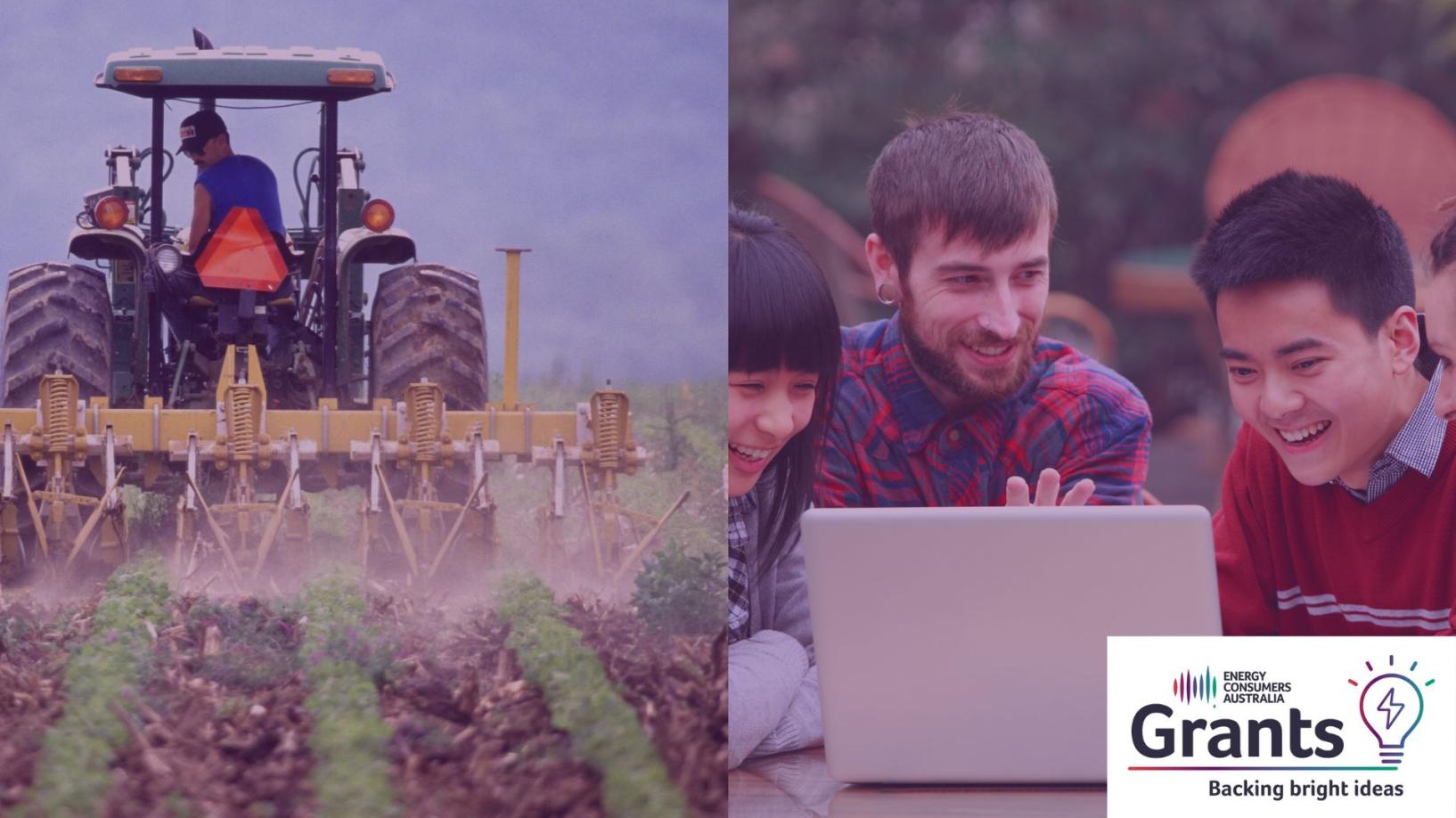Energy Consumers Australia is delivering on its mission to help bring about a more inclusive energy system as it announces new grants funding to advance two important and innovative projects.
The organisation, which acts as the national voice and advocate for all energy consumers in Australia, has announced two grants, totalling more than $280,000, that provide assistance for very different groups of consumers who face barriers to participate fully in Australia’s energy system.
University of Wollongong researchers will lead a study examining the energy experiences of international students from Culturally and Linguistically Diverse (CALD) backgrounds, aiming to foster a better understanding of their energy behaviour and to create pathways to make sure they are less likely to fall into energy poverty.
The Queensland Farmers’ Federation will work with farmers to understand how they and their energy resources can be assisted to participate in virtual power plants, microgrids and community batteries.
“These two projects could hardly be more different but they both come from the same initial point of view,” Energy Consumers Australia Chief Executive Officer Lynne Gallagher said.
“Both deal with large groups of people who, for various reasons, we know are not currently able to participate in our energy market to the fullest extent and for their own benefit.”
“Part of our mission, and the mission of our Grants Program, is to make sure decision makers understand how these barriers to participation work so that we can all get on with the business of removing them and creating a more equitable energy future.
“If you’re a researcher or advocate out there, working for a not-for-profit institution, we’d love to hear your ideas about how we might support more innovative and impactful work like this.”
University of Wollongong – Learning the hard way: energy practices of CALD students living in private rental accommodation in Australia – Amount funded: $187,456
This project will document the energy experiences of CALD tertiary students who study in Australian educational institutions and live in private rental accommodation. It will generate insights to support decision makers to ensure the nation’s energy transition does not exclude this large cohort from potential benefits.
In 2022, there were more than 440,000 international students in Australia, with the majority coming from China, India, and Nepal. Many of these students have an incomplete grasp of English and a limited understanding of housing and the energy market in Australia. A 2019 survey of more than 5,000 international students, by the University of Sydney, found 57% of international students experienced poor living conditions in their first share house.
While a recent European study found that feelings of anxiety and depression, as well as physical ailments, could be exacerbated by poor housing conditions, tight budgets, and low understanding of energy, which was driving many students into energy poverty.
This project will work to understand the conditions in which CALD students live and use energy. An online survey will be distributed nationwide to CALD international students, with 45 households across three climate zones will be selected for further study.
Energy audits will be completed at each home and temperature monitoring equipment will be installed. Participants will be invited to record their everyday energy practices via photography or video, using sketches, maps, or floor plans as part of a home ethnography exercise. These inputs will then be synthesised to create a report that can be used to help decision makers understand the unique challenges affecting this cohort and make targeted policy interventions to improve their situation as energy consumers.
“This project has the potential not just to inform new policies offering transformative assistance to hundreds of thousands of international students around Australia but to offer insights that help us better understand CALD communities and their needs more generally,” Ms Gallagher said.
Queensland Farmers’ Federation – Articulating regional consumers’ emerging energy market demand to enable innovative equitable integration of complex DERs in Queensland – Amount funded: $93,405
This study will engage regional consumers in Queensland to gather personal accounts that explore the demand and drivers for regional energy consumers adopting complex distributed energy resources (DER), such as virtual power plants, microgrids and community batteries.
Such resources are shared and social in nature and require greater coordination and planning than single resources, which are generally owned and operated by one consumer. Understanding how to increase the number of such resources, where to locate them and how to secure participation from community members will be key to delivering an energy transition in which rural and regional consumers have access to similar opportunities and benefits as those in major cities.
The Project will conduct 10 in-depth interviews and 100 consumer surveys across Queensland’s three Renewable Energy Zones REZs (Northern, Central, and Southern), focusing on regional council, agricultural, and other commercial respondents, to research the emerging market for these complex energy resources and the opportunity they present for a more inclusive and equitable regional energy transformation. Surveys will collect bottom-up consumer insights determining size, characteristics, opportunities, and challenges of complex DER adoption. The emerging market will be represented in an interactive map, alongside resources for regional energy consumers, and recommendations for decision makers seeking to enable equitable grid transformation.
Findings will help planners and decision makers quantify the potential impact of an emerging market, better plan and attract equitable projects, advocate for enabling market conditions, and identify opportunities for follow-on work.
“Farmers and rural communities have unique challenges when it comes to the energy system,” Ms Gallagher said.
“Understanding how these challenges operate, and what opportunities we have to tackle them, will be critical for the future of our national economy and for the wellbeing of people living across regional Australia.”

